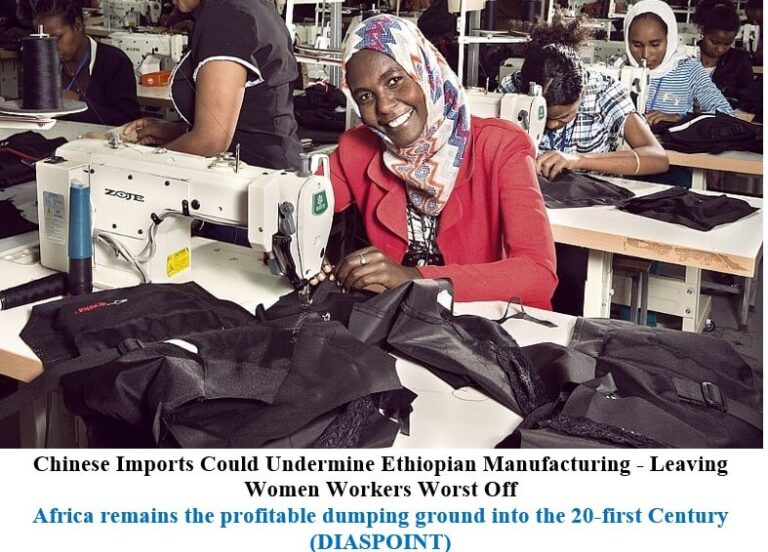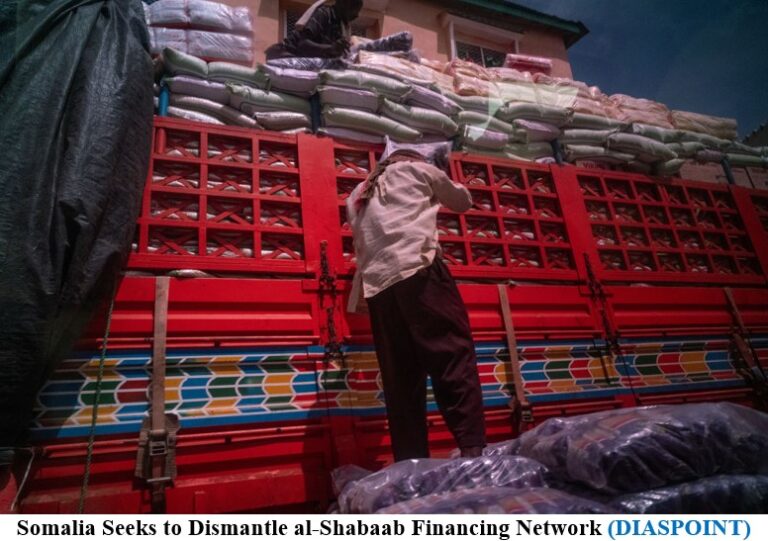Uganda in new wave of re-nationalisation
How Museveni’s ‘new’ Uganda is eating once-forbidden fruit of liberalisation
Uganda is in the midst of what seems to be a new wave of re-nationalisation, which could see companies that are cross-listed across East African exchanges, swallowed
One key renationalisation is centralised backdoor control over coffee through a monopoly being granted to Vinci Coffee Company (a newly formed firm with no previous experience in the industry) to process and export Uganda’s coffee. The figure behind the company, controversial Italian businesswoman Enrica Pinetti, is linked to powerful figures in the Uganda government and has her finger in many pies that have gone sour.
The government has also revoked the concession of electricity distributor Umeme and will, in 2025, create a new state entity to sell power. In other actions, it has swallowed back executive agencies like infrastructure builder Uganda National Road Authority into the Works ministry. However, in perhaps its most audacious move, it has swooped on the embarrassingly cash-rich National Social Security Fund and is set to suck out trillions of shillings from it and splash some on the Ministry of Labour to spend on a series of dubious activities and some as social bribes to the trade unions. That has necessitated not just extinguishing the quasi-autonomy of NSSF, East Africa’s most successful and richest social security fund, but also appointing its hatchet men to its leadership.
Clawing back
On the back of that, Uganda, which was the first country in East Africa to grant the central bank considerable independence, is clawing that back. It is a year since Bank of Uganda’s forceful long-serving governor Emmanuel Tumusiime-Mutebile died on January 23, 2022, and there has not been a replacement. There are reportedly factional fights within the ruling NRM, and in the State House, over the position. But mostly, the deadlock is ideological, split between those who want the bank to end its tight monetary policies and to support national capitalists and those who want to hold the line and are against an inflationary spending binge.
Most open economy
Uganda’s economy will likely remain the most open in the East African Community for a few more years because its liberalisation has gone too far to be rolled back into the grubby hands of politicians, bureaucrats, and their business fronts, with a few strokes of the pen. The peculiar thing is that the present reversals are coming from the same sources that produced the initial free market dynamics that created them.
From shortly after President Yoweri Museveni’s National Resistance Movement fought its way to power in January 1986, after a five-year bush war, until about 2006, there was a war by at least two rebels in various parts of the country. There was the Islamist Allied Democratic Front in the Rwenzori mountain ranges in the west. The longest was by the unusually brutal Joseph Kony’s Lord’s Resistance Army in the north that lasted nearly 20 years, and there were a couple of short-lived ones in northeastern Uganda.
By 2006, all these rebellions had been definitively squelched inside Uganda, the remnants of the groups driven into South Sudan and the eastern Democratic of Congo. Northern Uganda is undergoing one of the most dramatic economic recoveries outside a capital city region ever witnessed in a post-conflict African country.
Neo-socialist economy







